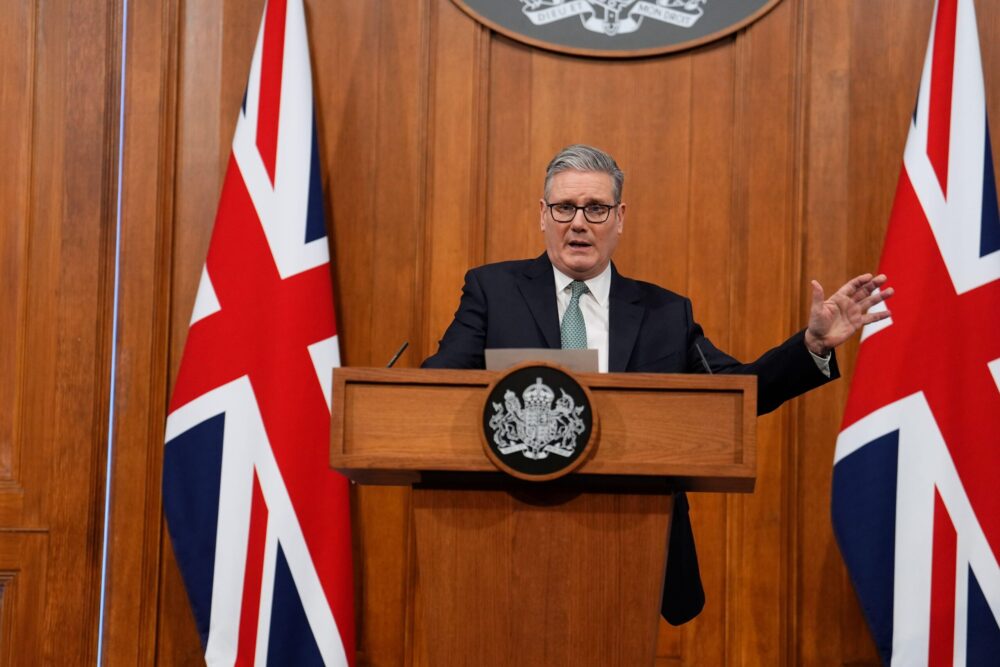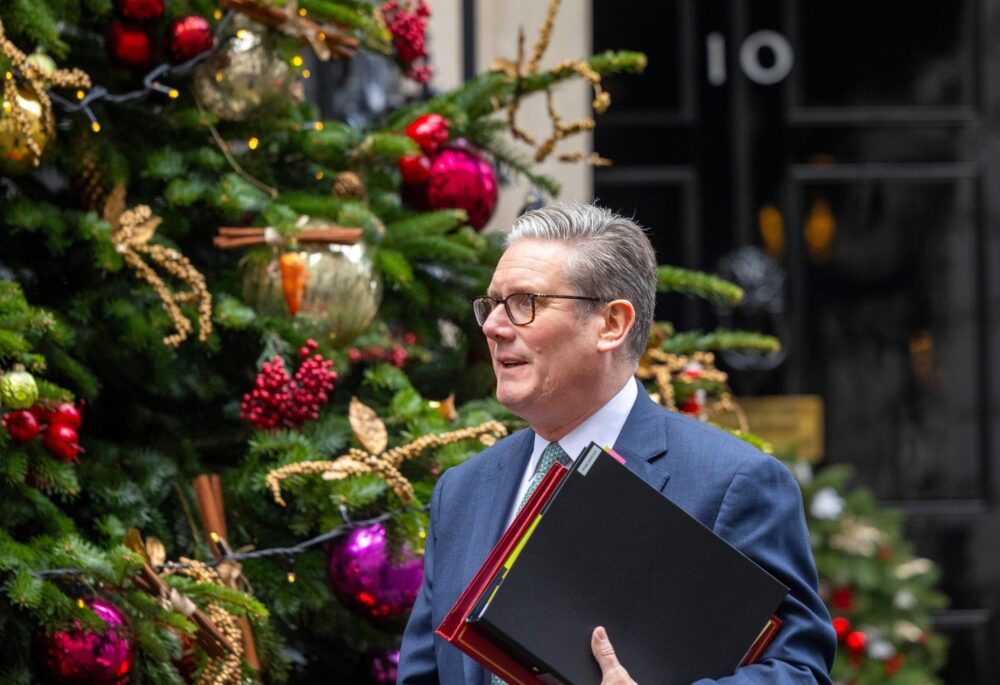
Whatever David Cameron said today was going to displease somebody. For those who want to leave the EU tomorrow he could never go far enough; for those who want to stay at any cost, including his coalition partners, any suggestion that the British people might be allowed to decide for themselves would be a dangerous manoeuvre.
Given the constraints, I think the PM has hit on a pretty reasonable plan. A Conservative government will legislate immediately after the next election for a referendum. It will negotiate for a new settlement with the EU, and the people will give their verdict in the first half of the parliament.
Some will ask why they should believe this promise when Cameron’s previous referendum commitment failed to materialise – as though he has the majority in parliament he needs to legislate now. Others will say that threatening to leave will hardly make our EU partners more amenable to Britain – as though saying we will remain a member come what may would give them any reason to take our demands seriously.
The Conservative Party’s new policy on Europe, then, makes the best of the available possibilities. But whether you agree with that or not, the fact remains that it is the Conservative Party’s policy. It will be in the manifesto. The only question is whether we will get a chance to implement it – and that depends on whether we get a majority at the next election. And that depends on how voters think we are doing on the economy, jobs, public services, welfare, crime, immigration: whether we are on their side and understand their priorities. It is time for Tory Eurosceptics to declare victory and talk about something else.
As I found in my research published last month, Europe is not much of a priority even for those who say they might vote UKIP; the EU is just one of the (many) things they are cross about. For that reason, we should not necessarily expect a big fall in the UKIP vote as a result of The Speech. I still expect Nigel Farage’s party to do well in the European elections, as people take an early opportunity to cast what they regard as a cost-free vote against Brussels, register their mid-term disgruntlement, and remind the Tories of their promise.
For most voters, including those who will need to vote Conservative for the first time if we are to have any hope of a majority, Europe barely registers on their list of concerns. The principal benefit of our referendum policy is not that it gives our campaign a headline; it is that it allows us to put the issue to rest and move the conversation on to what the voters want to discuss. Europe is important and we have a clear view about it. That does not mean we should allow it to top our agenda, or look as though it does. Few things would please Ed Miliband more.
Tories must remember that we can only get what we want once we win an election. The more we talk about changing our relationship with Europe, the less likely it is to happen.
Visit lordashcroftpolls.com home page and sign up for alerts when new research is published.


